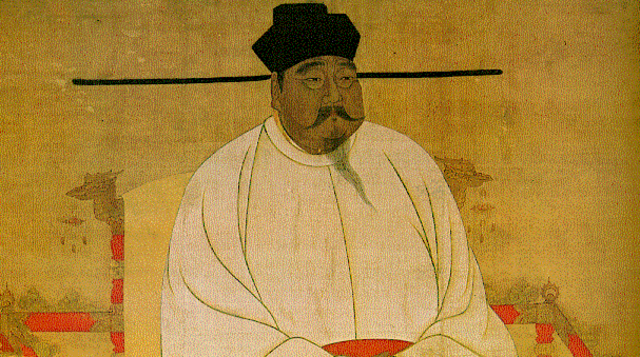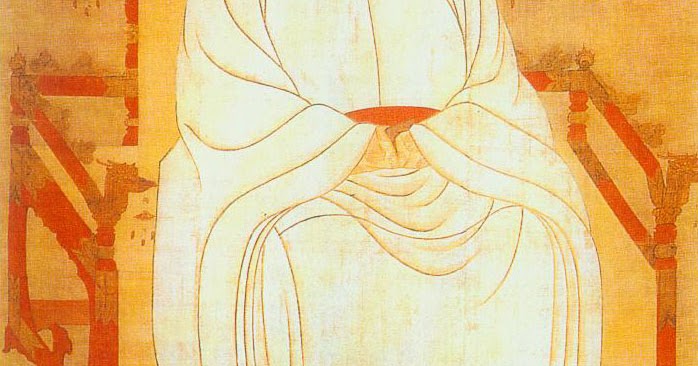
The growing importance of the civilian bureaucracy and national gentry class during the Song dynasty led to a much more limited role for the emperor in shaping public policy, although he still maintained his autocratic authority. He was a hereditary ruler who shared executive powers with civilian officials appointed to various levels of office according to their performance in bureaucratic examinations. The emperor, or huangdi, was the supreme head of state during the imperial era of China (221 BC – 1912), including the Song dynasty. 1126–1127), while the first Southern Song emperor was Emperor Gaozong (r. The last emperor of the Northern Song was Emperor Qinzong (r. 960–976) and concluded with the death of Zhao Bing (r. The dynasty was founded by Zhao Kuangyin, who became Emperor Taizu (r. The conventional division into the Northern Song dynasty (960–1127) and Southern Song dynasty (1127–1279) is created by the conquest of northern China by the Jin dynasty (1115–1234) in 1127 and the consequent shift of the capital from Bianjing (present-day Kaifeng) in the north to Lin'an (present-day Hangzhou) in the south.īelow is a complete list of emperors of the Song dynasty, including their temple names, posthumous names, given names, and era names. The Song dynasty (960–1279) was an imperial dynasty of China that succeeded the period referred to as Five Dynasties and Ten Kingdoms period (907–960) and preceded the Yuan dynasty (1271–1368), which conquered the Song dynasty in 1279. 960–976), founder of the Song dynasty, painted by an anonymous Song artist As government officials, they also enjoyed certain privileges, such as being excused from taxes and military service.A hanging-scroll portrait painting of Emperor Taizu of Song (r.

At the end of three years, officials could move up in rank.ĭespite the challenges, people were happy to get such respected jobs. When it came, it was for a job far from their hometown, so that they could not play favorites among family and friends. Those who passed had to wait a few years before their first appointment. Those who failed could take the tests again in the future. Only a small proportion of candidates passed the difficult exams. A second person copied each paper so that the examiners wouldn’t know whose work they were reading. Candidates were locked in a small room for several days. The exams were set up to prevent cheating. They answered questions about political and social problems based on Confucian ideas. On those exams, they wrote essays and poems in a certain style. If they passed a local test, they could take the imperial exam in the capital. They could attend the new state-supported schools and go on to the university. Under the Song, people from lower classes gained the ability to become scholar-officials. Song emperors and scholars believed that officials who had studied Confucius would be rational, moral, and able to maintain order. In particular, subjects must be loyal to their rulers. Those below should respect and obey those above.

Those above should be kind to those below. Except for friends, one person in each relationship is above the other.

This work became the basis of study for all civil service exams.Ĭonfucius taught that people must act properly in five important relationships: ruler and subject, father and son, older sibling and younger sibling, husband and wife, and friend and friend. In 1190, his work was published as the Four Books. This new teaching blended the teachings of Confucius with elements of Buddhism and Daoism (two traditional religions in China).Ī Confucian scholar, Zhu Xi (JU SHEE), commented on classic Chinese writings. The exams were influenced by a new school of thought known as neo-Confucianism. The Song relied on civil service exams and opened them up to far more candidates. Under Song emperors, the idea of scholar-officials reached its height.


 0 kommentar(er)
0 kommentar(er)
